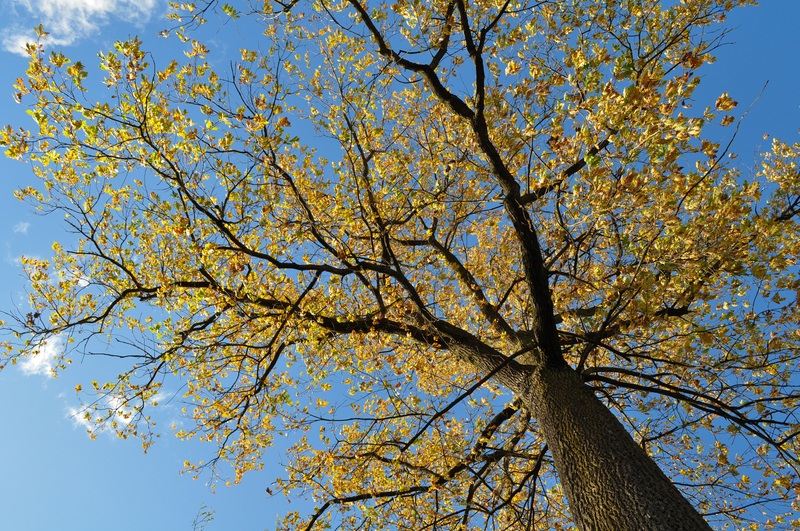
Calculating Damages For Destruction to Land and Trees in Texas
It is no secret that many Texans have a love affair with their land. This may include the trees that grow on this land. It is quite possible you bought the land your home sits on because of a beautiful 100-year-old giant oak trees that inhabit it. These trees add value to your land that is difficult to put a price tag on. So, what can you do if someone comes along one day and knocks down your century old oak tree or causes other extensive damage to your land?
Damages Awarded According to Temporary versus Permanent Injury
For centuries, in Texas, landowners would receive compensation for damages to property that were awarded based on whether the injury was temporary or permanent. It was held back in 1889, that whether an injury to real property amounts to total or partial destruction of value, or whether it be permanent or temporary are questions for the determination of the jury. Trinity & S. Ry. Co. v. Schofield, 10 S.W. 575, at 577 (1889). If the injury was found to be temporary, the landowner would be entitled to damages that are proportionate to the cost of restoring his or her property. Conversely, if the injury was found to be permanent, the injury would entitle the landowner to damages that are proportionate to the loss of the fair market value to the property as a whole. Id at 576-77.
Defining Temporary Injury and Permanent Injury
In 2014, a landmark Texas Supreme Court case, Wheeler v. Enbridge Pipelines East Texas, reformulated these definitions of temporary versus permanent injury to land. The court held as follows:
“An injury to real property is considered permanent if (a) it cannot be repaired, fixed, or restored, or (b) even though the injury can be repaired, fixed, or restored, it is substantially certain that the injury will repeatedly, continually, and regularly recur, such that future injury can be reasonably evaluated.
Conversely, an injury to real property is considered temporary if (a) it can be repaired, fixed, or restored, and (b) any anticipated recurrence would be only occasional, irregular, intermittent, and not reasonably predictable, such that future injury could not be estimated with reasonable certainty.” Gilbert Wheeler, Inc. v. Enbridge Pipelines (East Texas), L.P., 449 S.W.3d 474, at 480.
The Economic Feasibility Exception
In Wheeler, the Court held that the injury to the plaintiff’s property was permanent partly because of the economic feasibility exception. Generally, if an injury to property can be repaired, fixed or restored, it is considered temporary. However, The economic feasibility exception states that when the cost of restoring the property exceeds the property’s loss in value, the damages are no longer feasible and a temporary injury will be deemed permanent.
Intrinsic Value of Trees
The Court in Wheeler held that in the event of tree destruction, so long as the diminution in the fair market value of the land was essentially nominal, the injured party may recover for the trees’ intrinsic value. This exception created quite the impact for landowners who lost their trees because it essentially allowed for compensation based on the loss of the aesthetic and utilitarian value that trees confer on real property.
Wheeler made it clear that landowners may have a chance of recovering damages only up to the fair market value of their property in cases of land or tree destruction. Wheeler also made clear while this is the proper method for calculating damages in these cases, if you are a landowner working with a builder, contractor, or any other individual/entity that is working on your land, look for clear language in the agreement delineating the calculation or valuation of land or timber damages.
Cases involving damage to land or tree destruction can be complex and are quite fact-intensive. It is important to contact an experienced real estate attorney when these issues arise.
All information provided on Silblawfirm.com (hereinafter "website") is provided for informational purposes only and is not intended to be used for legal advice. Users of this website should not take any actions or refrain from taking any actions based upon content or information on this website. Users of this site should contact a licensed Texas attorney for a full and complete review of their legal issues.
